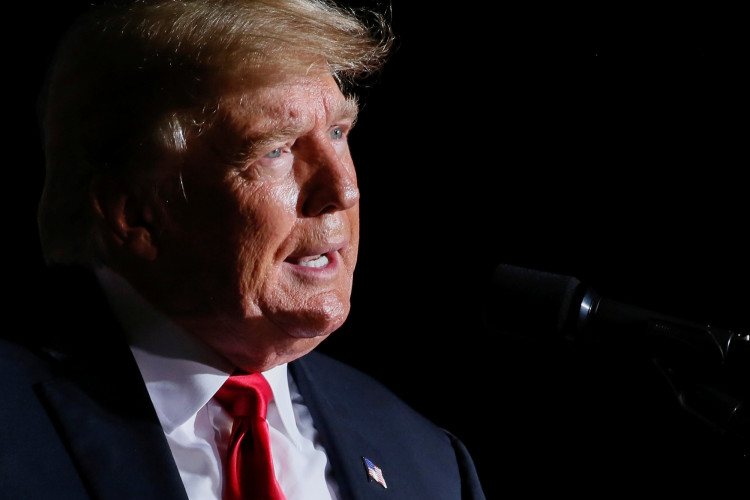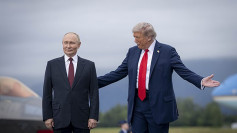In a strongly worded court filing on Tuesday, special counsel Jack Smith criticized the order issued by Judge Aileen Cannon in the case of former President Donald Trump's alleged mishandling of classified documents. Smith argued that the legal premise behind Cannon's request for jury instructions from both his office and Trump's lawyers is "fundamentally flawed" and could potentially lead to a distorted trial outcome in Trump's favor.
Cannon had directed Trump and the special counsel to submit jury instructions based on two scenarios concerning the Presidential Records Act (PRA) as it relates to the charges brought against Trump under the Espionage Act. The first scenario allows the jury to determine which documents Trump retained are "personal" or "presidential" under the PRA, while the second assumes that presidents have the "sole authority" to lawfully retain documents at the end of their term by declaring them as such.
Smith's team asserted that both scenarios rest on an "unstated and fundamentally flawed legal premise" that the PRA's distinction between "personal" and "presidential" records determines whether a former president is authorized to possess highly classified documents and store them in an unsecure facility under the Espionage Act. They urged Cannon to promptly decide whether this premise represents a "correct formulation of the law" and indicated their intention to appeal if the judge rules against them.
In response, Trump's lawyers maintained that the PRA gives the former president the authority to decide whether a record is personal or presidential and that all records found in his possession could be considered personal despite classification markings. They proposed a jury instruction stating that if Trump designated a document as a "personal record" under the PRA, its classification status is not relevant to proving the government's case.
Smith's office characterized Trump's defense using the PRA as "pure fiction" and a "post hoc justification" concocted more than a year after he left the White House. They noted that during their extensive investigation, not a single witness had heard Trump say he was designating records as personal or believed his removal of records amounted to such a designation under the PRA.
"During its exhaustive investigation, the Government interviewed Trump's own PRA representatives and numerous high-ranking officials from the White House," prosecutors wrote. "Not a single one had heard Trump say that he was designating records as personal or that, at the time he caused the transfer of boxes to Mar-a-Lago, he believed that his removal of records amounted to designating them as personal under the PRA."
The prosecutors also pointed out that there is no evidence to support Trump's claim that the documents had been deemed personal while he was president, and that he and his attorneys had repeatedly referred to the documents as "presidential records" well after he left the White House.
Trump's lawyers, in their proposed jury instructions, argued that to find Trump had "knowingly" taken control of classified documents, the government would have to prove beyond a reasonable doubt that he did so "voluntarily and intentionally and not because of a mistake or by accident." They emphasized the difficulty in establishing one's state of mind, suggesting that intent is often more clearly shown by actions rather than words or explanations uttered long after the occurrence of events.
The clash between Trump's legal team and the special counsel over jury instructions highlights the ongoing legal battle in the classified documents case. Trump, who has pleaded not guilty to all counts, faces multiple charges, including willful retention of national defense information, false statements and representations, conspiracy to obstruct justice, withholding a document or record, and corruptly concealing a document.
NBC News and AP also contributed to this report.






